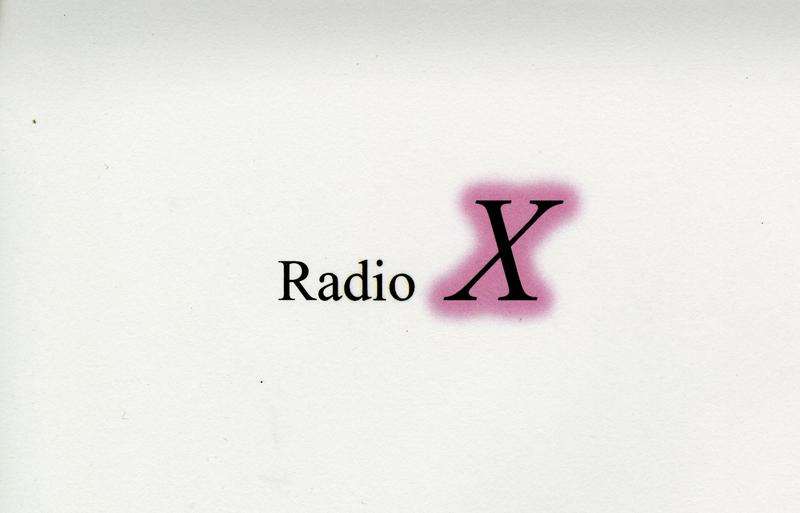
When Radiolab began in 2002, host and producer Jad Abumrad experimented by airing a mix of unusual radio productions from all over the world that didn't necessarily fit into an easily defined category. Little did Jad know, he was following in the footsteps of George Wallach, who launched Radio X on WNYC on June 3, 1948.
Wallach, WNYC's program director, billed the weekly show as "an experimental program series designed for the adult listener...with a flexible format with material drawn from the fields of music, drama, and variety." The Thursday night hour premiered with the fantasy, Apollo in Mourne, dramatizing the mythical banishment of Apollo from Olympus to Ireland. Variety called it a "flavorsome yarn about an Irish lad who picks up the exile, takes him home and nearly loses his gal to the Greek god." This was followed by a French recording, about French artists and entertainers in Paris at the turn of the century.
I've recently discovered that the documentary Cavalcade of WNYC, made for the launch of WNYC's 25th year and airing a month later, was part of Radio X. At the time Billboard's Sam Chase said of the series, "WNYC has a good idea here and should be able to offer some stimulating diversions on usual radio fare."
Sadly, we have only one more Radio X program in the collection. Thanks to the University of Georgia archivists it's the July 22nd program Wallach and writer David Karp submitted to the Peabody Awards committee for consideration. It has four parts. The first is Manhattan Tower, a man's tribute to New York City with musical accompaniment. Part two is the first of a series of radio fables. In this one, a radio show's sponsor is alarmingly successful. The third segment is an interview with Folke Bernadotte, a Swedish nobleman and diplomat, recorded the day after his final report to the United Nations on his efforts to avoid war in the Middle East. And the last segment is a tribute to the six million Jews who perished in Nazi death camps during World War II.
Wallach left WNYC in 1949 to become production manager at NBC's film division and stayed with film and television for the balance of his career. Still, the radio work he pioneered here is clearly a part of our DNA.
